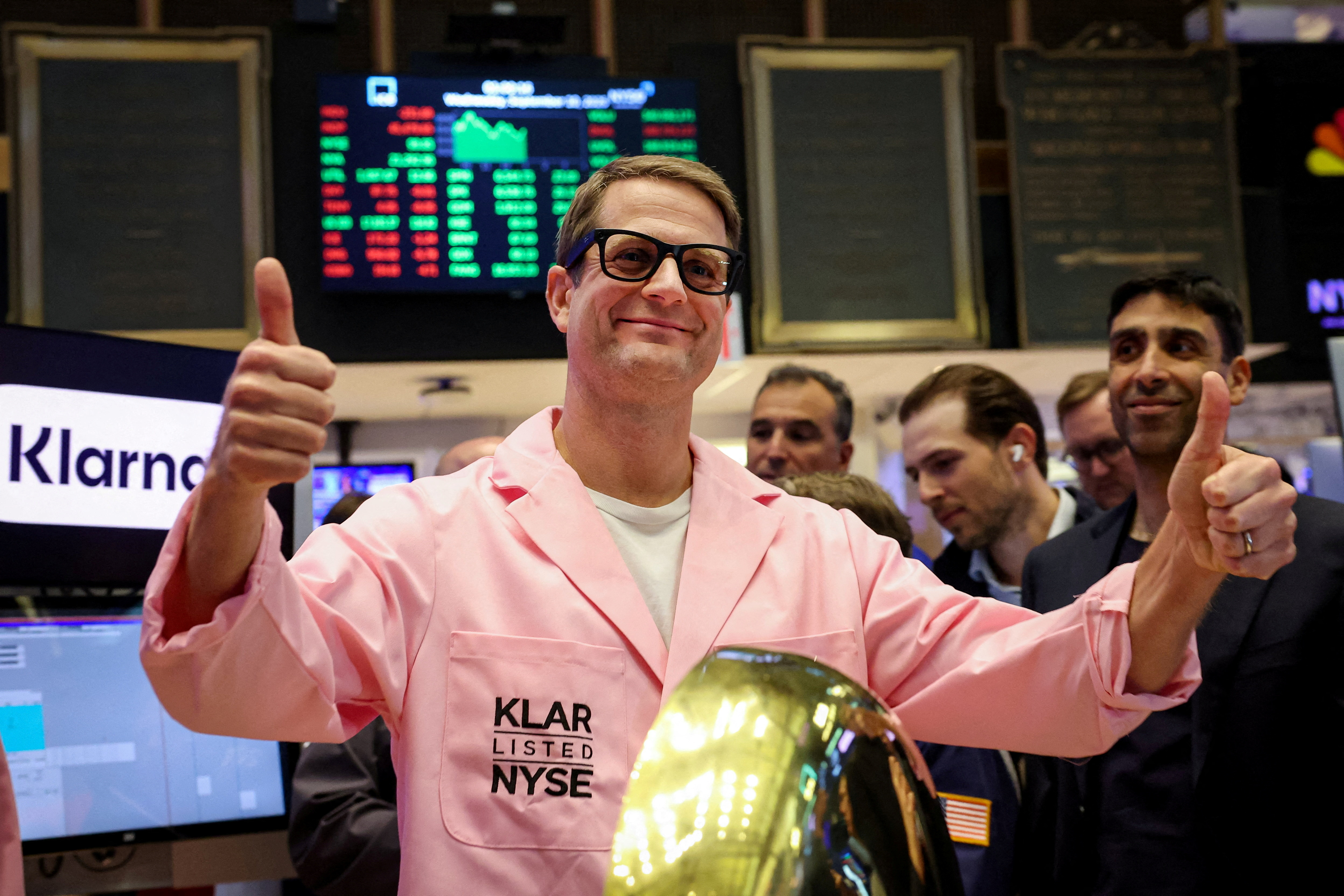Artificial intelligence “is coming for” white collar jobs, a new analysis has warned, with translators, sales representatives and financial advisers among the first victims.
Staff in research-intensive roles are the most vulnerable to the rise of machine learning and a switch to automation in the workplace, according to research by Microsoft, which analysed more than 200,000 conversations between users of its Copilot’s chatbot to find out what they used the tool for.
“AI is coming for your job — at least if you are a white-collar worker,” said Joachim Klement, an analyst at Panmure Liberum, a City investment firm, which studied the findings.
Interpreters and translators, passenger attendants, management analysts and sales representatives within the services industry are among those set to take the biggest hit from the growing adoption of AI by employers.
In contrast, nurses, ship engineers, plasterers and water treatment operators were among occupations considered the safest in the AI age.
“The problem is that the researchers did not show average pay for each of these jobs, and somehow I think that working as a water treatment plant operator stinks, both literally and from a financial perspective when compared to working in finance,” Klement said.
Microsoft, which is set to invest almost £70 billion this year in building out its AI services, analysed how people were using generative AI and its success in completing a desired task, with information gathering, communication and working with the public coming out top.
It then compared the results against a list of occupations that spent most time researching and finding information, as well as writing the results in documents for clients or the public.
Entry-level jobs are expected to be particularly badly hit by the displacement caused by AI, according to a separate report by the British Standards Institution, which warned of a “job-pocalypse” as companies favour AI over new hires.
The boss of Klarna claimed last week that artificial intelligence had allowed the Swedish fintech company to shed more than half its workforce, insisting that he was trying to be more “honest” on the issue than other business leaders.
Sebastian Siemiatkowski, who co-founded the “buy now, pay later” company in 2005, said that he had shrunk its workforce from 7,400 people to about 3,000, while increasing revenues and customers.

Sebastian Siemiatkowski
REUTERS/BRENDAN MCDERMID
Last year, Klarna announced that it was using an AI-powered chatbot to handle two thirds of its customer service inquiries, doing the equivalent work of 700 full-time agents, estimating that it would drive a $40 million improvement in annual profit that year.
In another rare explicit warning from a major chief executive, Andy Jassy, the boss of Amazon, cautioned staff in June that the rollout of generative AI systems such as chatbots and AI agents — tools that carry out tasks autonomously — would reduce Amazon’s total corporate workforce in the next few years.
Meanwhile Mark Zuckerberg, the boss of Meta Platforms, which owns Instagram and Whatsapp, laid out plans earlier this year to cut 5 per cent of Meta’s 72,000-strong workforce, just weeks after warning that 2025 will be the year that AI engineering “agents” will rival mid-level human coders.

